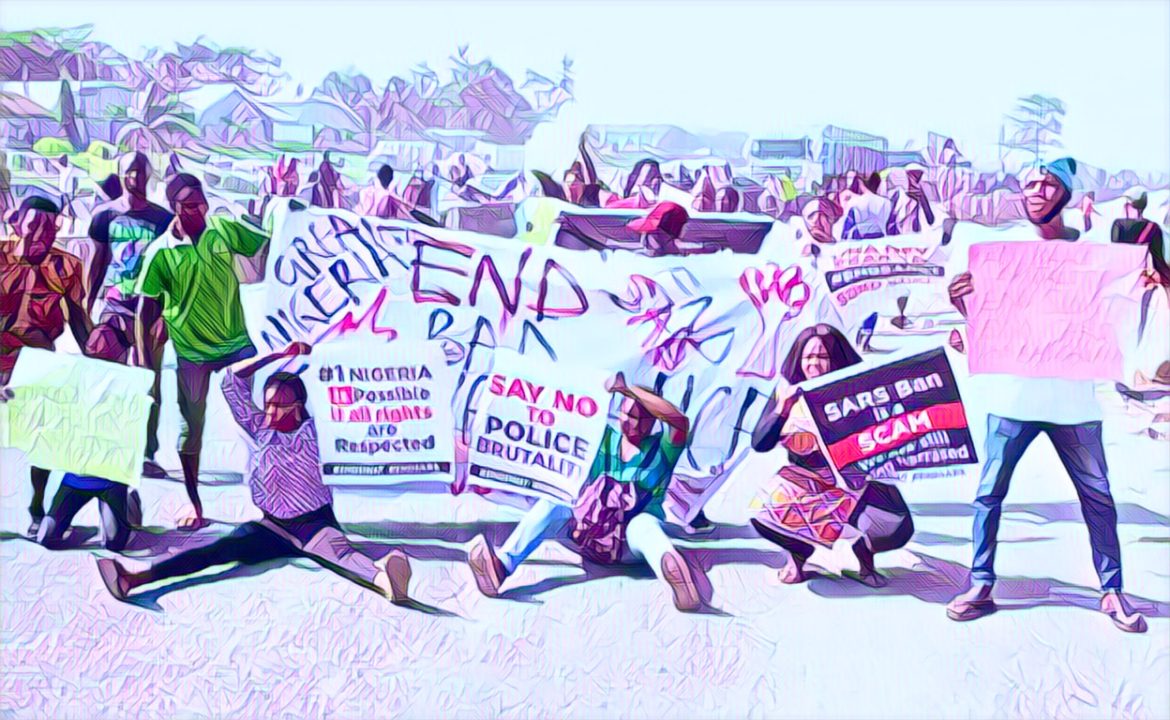In 2020, the world grappled with the COVID-19 pandemic and a global outcry against police brutality, highlighted by America’s #BlackLivesMatter and Nigeria’s #EndSARS movements. These initiatives demanded an end to various police misconducts, including extortion, torture, and extrajudicial killings.
The outrage intensified with George Floyd’s death in May 2020, leading to widespread U.S. protests. The subsequent conviction of Derek Chauvin, the officer involved, marked a significant turn. Commemorating Floyd’s would-be 50th birthday, President Biden urged for substantial police reform and initiated measures limiting certain police practices.
Conversely, Nigeria witnessed a starkly different aftermath. Three years post-endSARS, intended reforms remain largely unimplemented. Despite disbanding SARS, old habits persist within the police force. Established inquiry panels’ recommendations have met with governmental silence, leading to public unrest and skepticism regarding the commitment to genuine change.
The Guardian reported that Lagos State’s decision to halt a mass burial for unidentified #EndSARS protest victims further ignited controversy, underscoring the ongoing tension. Attempts to reinstate toll collections met with resistance, impacting state revenues significantly.
Today, dissatisfaction mounts as police brutality continues unabated. Noted lawyer Femi Falana critiqued the superficial response to the protests, citing a lack of genuine intent for lasting change. Instances of police misconduct remain prevalent, with minimal accountability for offending officers.
Echoing these sentiments, activists Rinu Oduala and Achike Chude, along with legal expert Yemi Omodele, express frustration over the stagnant situation. They emphasize the absence of real progress, with police brutality incidents still regularly reported.
Within this climate, police involvement in civilian affairs, particularly in land disputes and extortion, has skyrocketed. Despite this, some, like Police Service Commission spokesperson Ikechukwu Ani, note a shift towards more citizen-focused policing, highlighting efforts to improve response to public complaints.
However, security professionals, including Frank Oshanugor and Christopher Oji, argue that little has changed. Police brutality persists, and while the #EndSARS movement may have temporarily dampened overt police arrogance, underlying issues remain unresolved.
As Nigeria reflects on # the third anniversary of #EndSARS, the quest for substantial police reform and accountability continues. The nation grapples with unfulfilled promises, and the citizenry is eager for a police force that upholds their rights and safety rather than undermines them.


